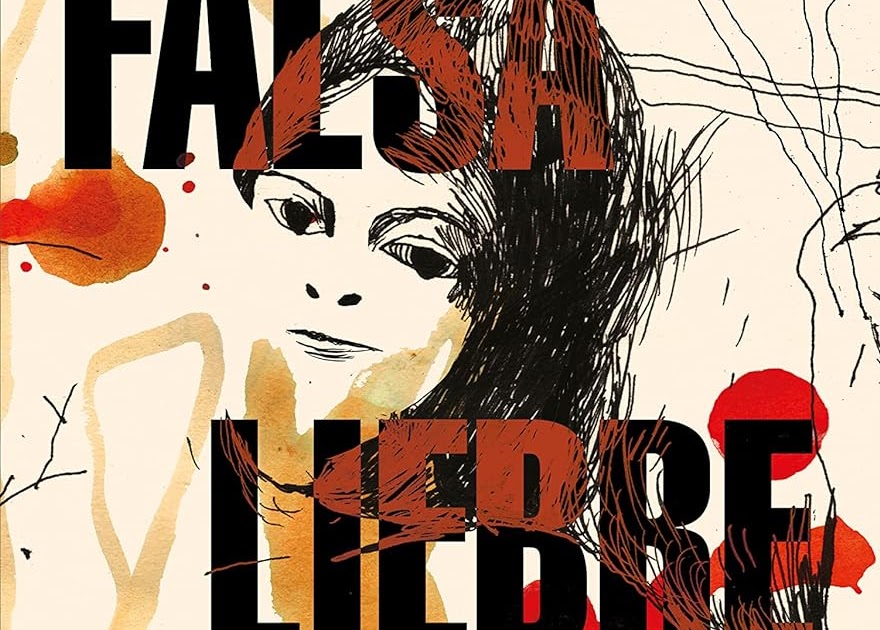
Original language: español
Year of publication: 2013
Valuation: recommendable
During an interview, Juan Rulfo was questioned about how he managed to masterfully capture the voices of the Mexican countryside in his stories and novels, as if he had recorded conversations of the people of the highlands of Jalisco and later transcribed them. By immersing ourselves in his stories, it is possible to “hear” the voices emerging from the earth. Rulfo responded very honestly, although a little embarrassed: “I had to invent a way for them to speak and express themselves, because they don’t express themselves that way. Anyone who tried to find those landscapes or those people would not find them. I wanted to portray the faces of those characters, but the people are ordinary like everywhere. There was nothing special about them.” In “Falsa Hare”, he falls into the same trap.
With extraordinary skill, Melchor gives voice to his characters in a way reminiscent of Rulfo; He seems to faithfully replicate his language, in this case, that of marginalized youth from a Mexican coastal city. Although I do not know Fernanda’s personal background, it is possible that her childhood in similar environments or her journalistic work have allowed her to get closer to the reality of those who would populate her novel. However, I suspect that, like Rulfo, everything is invented, the result of Melchior’s great capacity for confabulation. And by this I do not mean that Fernanda is giving us a manipulated vision of reality, but rather that she has had to recreate and revive those people, imagining them as she would want them to be, taking their location and context as a starting point.
The work tells two stories: that of two boys who resort to theft and prostitution to survive and that of a young man who eagerly awaits the birth of his son, while living a life without meaning or motivation beyond drugs. Both plots develop in a context of marginalization, violence, addictions, etc., fatally intertwining, very much in the style of “Amores Perros.” What stands out is not so much the plot, which addresses misery and violence (themes that personally have me a little tired), but Melchior’s style, which is very fluid.
In previous entries on this blog, when reviewing other works by Melchior, his skill in using language that combines the rawness and passion of everyday speech with his vast literary culture has been praised, and I fully agree. The narrator’s voice accurately describes the settings, the environment, the motivations and conflicts of his characters. However, when I get to the dialogues, I can’t help but remember those words of Rulfo, “they don’t express themselves like that.” Although fiction grants numerous licenses, including freedom in the use of language, it is shocking when a disadvantaged young man, lacking education, affected by drugs and mired in poverty, utters dialogues that could well rival those of Hamlet, but seasoned with vulgarities and blasphemies. This discrepancy takes me out of fiction and, to some extent, makes me feel slightly disappointed, especially when looking for a faithful representation of reality. It’s like seeing homeless people in soap operas who, although disheveled and covered in dirt, have white teeth and perfectly ironed clothes.
Don’t get me wrong, reading Fernanda Melchor is a real pleasure. And I consider that those aspects that I personally find unpleasant are toned down in her later works. Both the book and its author are highly recommended. Without a doubt, one of the best Spanish-speaking writers of her generation.
Source: https://unlibroaldia.blogspot.com/2024/05/fernanda-melchor-falsa-liebre.html

